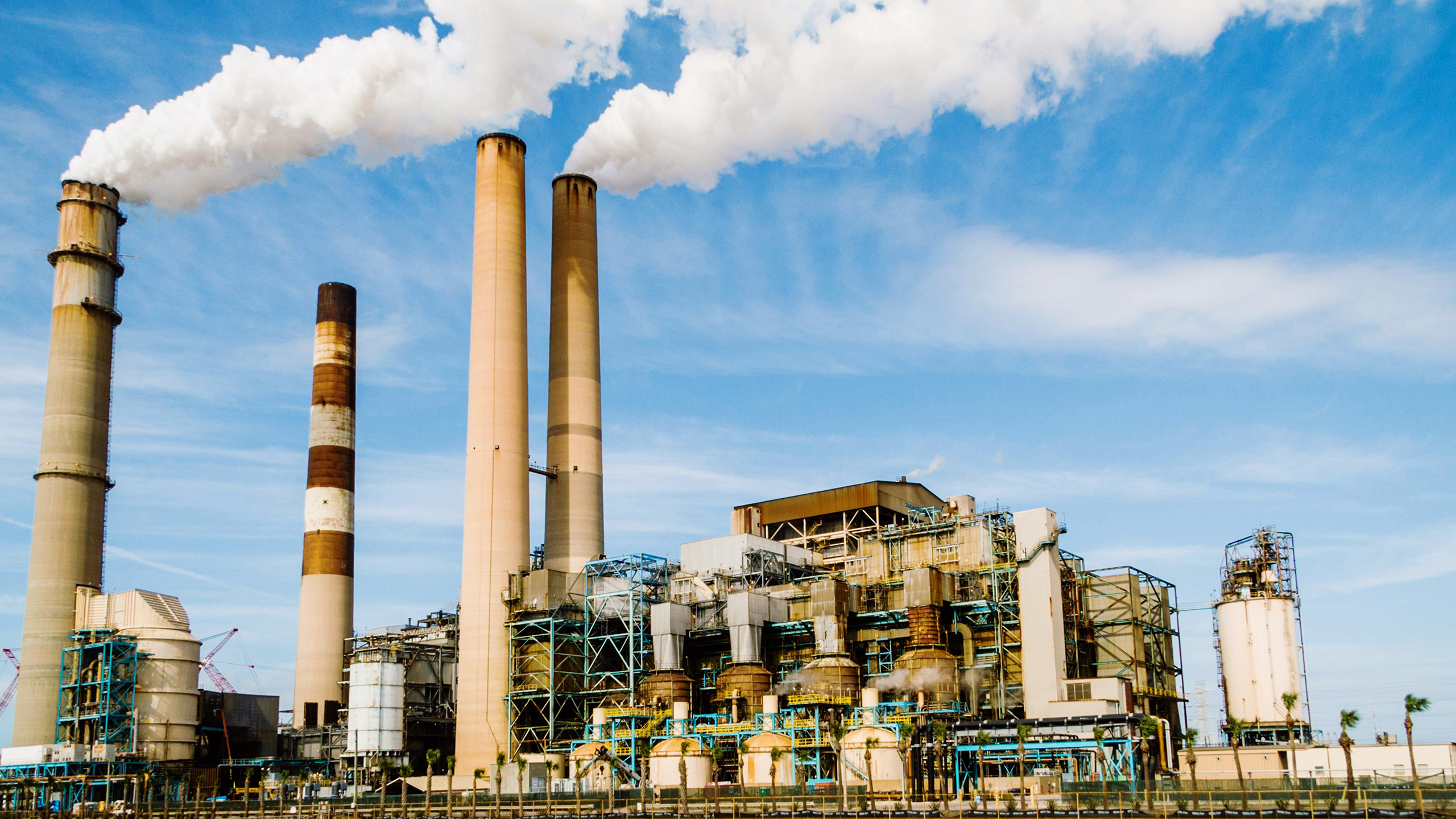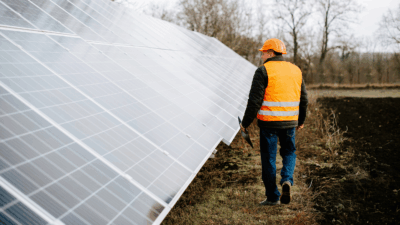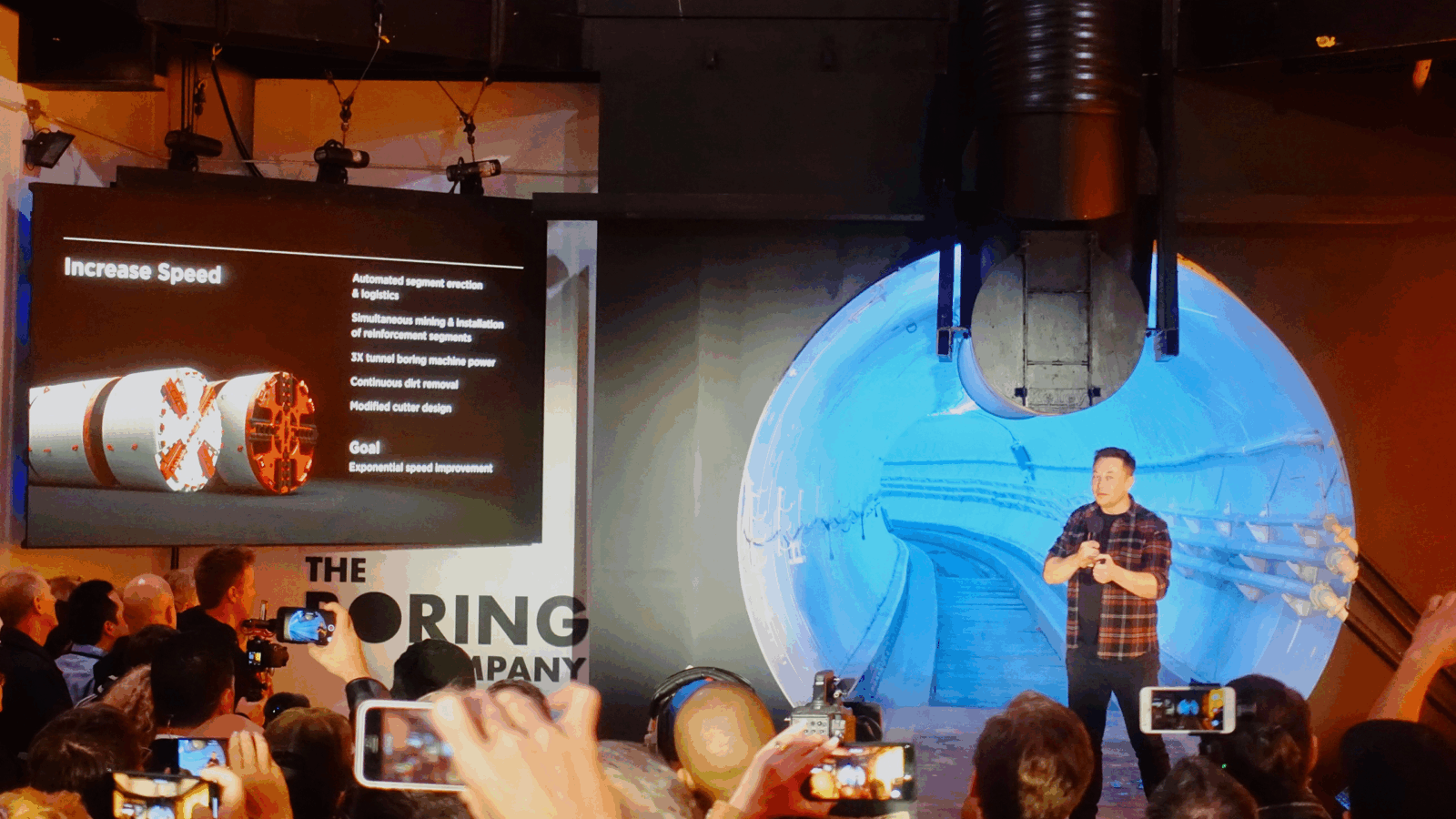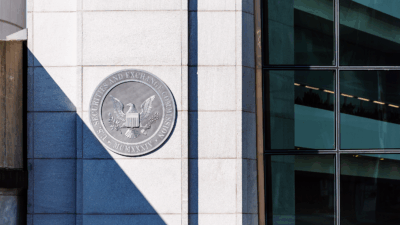SEC OKs Climate Disclosure Rule But Leaves Environmentalists Wanting More
The new mandate requires most public companies to disclose greenhouse-gas emissions but stopped short of additional supply chain data.

Sign up for smart news, insights, and analysis on the biggest financial stories of the day.
The Securities and Exchange Commission is trying to clear the financial air.
The SEC passed a rule on Wednesday that, starting in 2026, public companies — excluding some smaller ones — must report their greenhouse gas emissions each year.
The Greenhouse Effect
To better protect investors, the SEC’s latest ruling will provide greater transparency into the amount of pollutants companies release into the atmosphere through their operations and energy purchases. In addition to reporting emissions, companies also have to divulge climate-related risks that could impact their bottom lines. If a business sets up shop in an area prone to wildfires or earthquakes, investors have a right to know that.
But while the new rule reads like a real leap forward, it’s quite a step back from what the SEC originally proposed. In the initial plan, companies were also going to be required to report indirect — or Scope 3 — emissions released along their entire supply chains — and when customers used their products. For example, when an oil company’s CEO hops on a plane for a business trip or when countless drivers burn through tanks of gasoline, those emissions would have to be reported.
But after two years, 24,000 public comments, and Republican lawmakers and oil and agricultural lobbyists arguing that those reports would be way too involved and complicated, the SEC dropped the provisions, much to the ire of climate activists and certain financial experts:
- The Scope 3 emissions dropped from the rule account for the largest piece of the pollution pie for most businesses: more than 70% of a company’s carbon footprint, according to Deloitte. Both the Sierra Club and EarthJustice have hinted at possibly suing the SEC for watering down the rule.
- Tracey Lewis of Public Citizen’s climate program told The Washington Post, “Avoiding Scope 3 reporting is stripping away the teeth from this rule.” And former acting SEC Chair Allison Herren Lee told The New York Times, “Thanks to corporate lobbying, disclosure of the very real financial risks from climate change has fallen victim to the culture wars.”
Standardized Reporting: Plenty of large companies like Apple, Walmart, and Chevron already report their emissions voluntarily, but Asaf Bernstein of the University of Colorado told The Wall Street Journal that the methods are far from perfect. “Voluntary reporting is all over the map. Standardization is something you can use as a decision tool as an investor.” Now, the US will be on the same level as the European Union when it comes to corporate climate disclosures. The EU adopted the rule last year.











